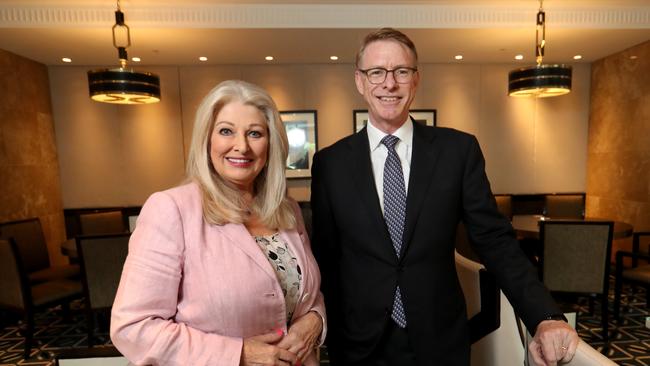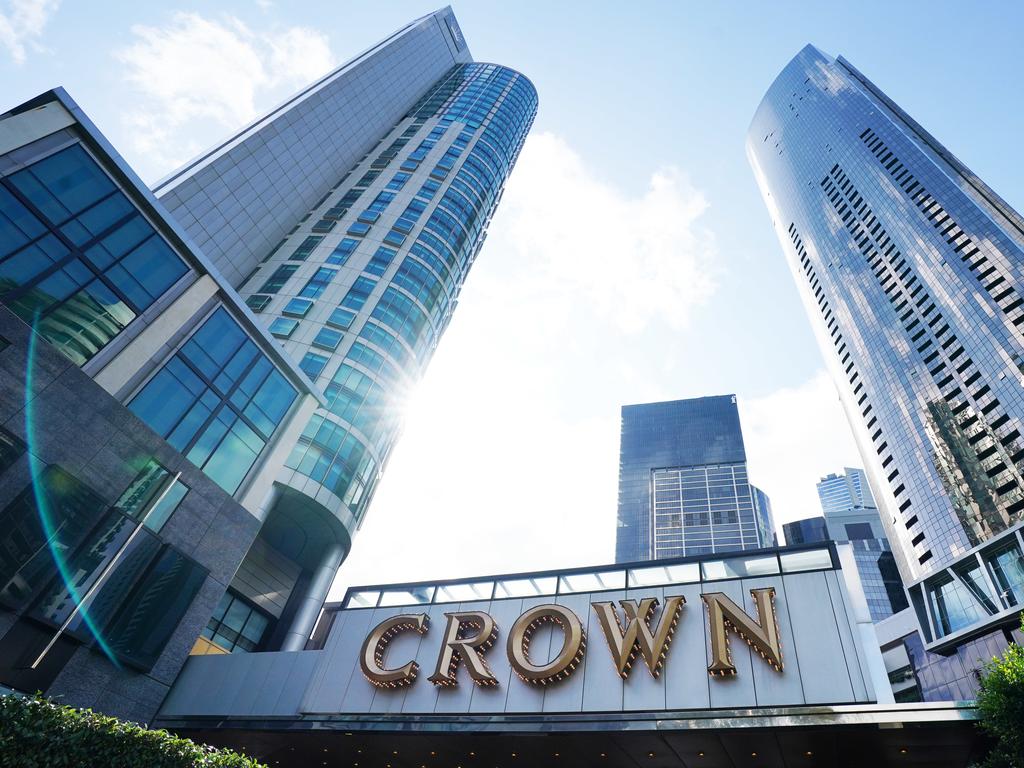
Crown told the Australian Securities Exchange on Monday morning that it believed the government-mandated almost total shutdown of its operations since late March should be treated as a one-off event in the company’s accounts for the year to June 30.
The argument of its still relatively new chief executive Ken Barton – who in his prior role was chief financial officer – is that Crown enjoyed nine months of ordinary trading before its operations were suspended on March 23 and now is in the middle of a June quarter where revenue will amount to very little, so the two periods should be presented entirely separately.
Crown said on Monday morning it made normalised (which removes the volatility of high roller win rates) EBITDA of around $500 million and a normalised net profit of approximately $210 million from July 1 2019 to March 23 2020 – the day its ceased gaming and other non-essential services at its Melbourne and Perth properties.
Those numbers were boosted by a significant higher win rate in December for the group’s embattled VIP gaming business, which has been hit hard by the pandemic and scandals surrounding its association with junket operators that allegedly engaged in money laundering and other illegal activities.
In August Crown will still be required by the Australian Securities and Investments Commission to present investors with a full set of annual statutory accounts for the 12 months to June 30, which will show a dramatic plunge in earnings year on year.
But in the notes accompanying those accounts it will treat the period from March 23 to June 30 as a one-off or a so-called significant item, with the exception of revenue from its wagering and online social gaming operations (which have continued to trade during the crisis period) as well as depreciation and amortisation and interest, which will continue to form part of its normalised result.
Crown has successfully registered with the Australian Taxation Office for the federal government’s JobKeeper program, which will see the 11,500 staff it stood down last month receive government payments for the next six months.
So far few have tapped into the estimated $100 million worth of leave balances on Crown’s balance sheet, which is a bonus for the casino group. Several hundred have also scored jobs at other big companies such as Telstra and Woolworths.
Barton said last month that Crown could continue operating at a cash burn rate of at worst $30 million per month for an extended period after negotiating a new $1bn billion debt financing deal and with $300m cash in the bank after the payment of the interim dividend.
It now remains to be seen if other companies will follow Crown’s disclosure lead, especially over the coming days as the 22nd Macquarie Australia conference gets into full swing – for the first time in a virtual online format – where a string of listed firms will be updating investors on their performance.
As one senior accounting industry figure said on Monday: “I would expect to see more disclosure in the coming weeks by companies of their pre COVID-19 trading and then the assumptions they are making for the rest of the year.” Many have already scrapped profits guidance for 2020.
Of course the impact of COVID-19 varies dramatically across different industries.
For Crown, there is a clear line in the sand to be drawn on March 23 because its normal operations virtually ceased after that date.
The same could be said for airlines like Qantas or other companies in the travel sector where business has virtually stopped.
It is the opposite for retailers such as Coles and Woolworths who reported last week that they had enjoyed an abnormal sales bonanza in March trading due to panic buying.
But it is less clear for a range of other businesses whose operations have been impacted by COVID-19 but in less dramatic fashion, which will have auditors in the Big 4 accounting firms working over time with the audit committees of boards during the company months.
For now Crown is banking on its auditor Ernst & Young, the corporate regulator and investors giving the thumbs up to its approach.







For a company criticised in the past for its disclosure record, the James Packer-backed Crown Resorts has led the pack in being one of the first to highlight the issue of how financial accounts could be presented in the post coronavirus-pandemic world.